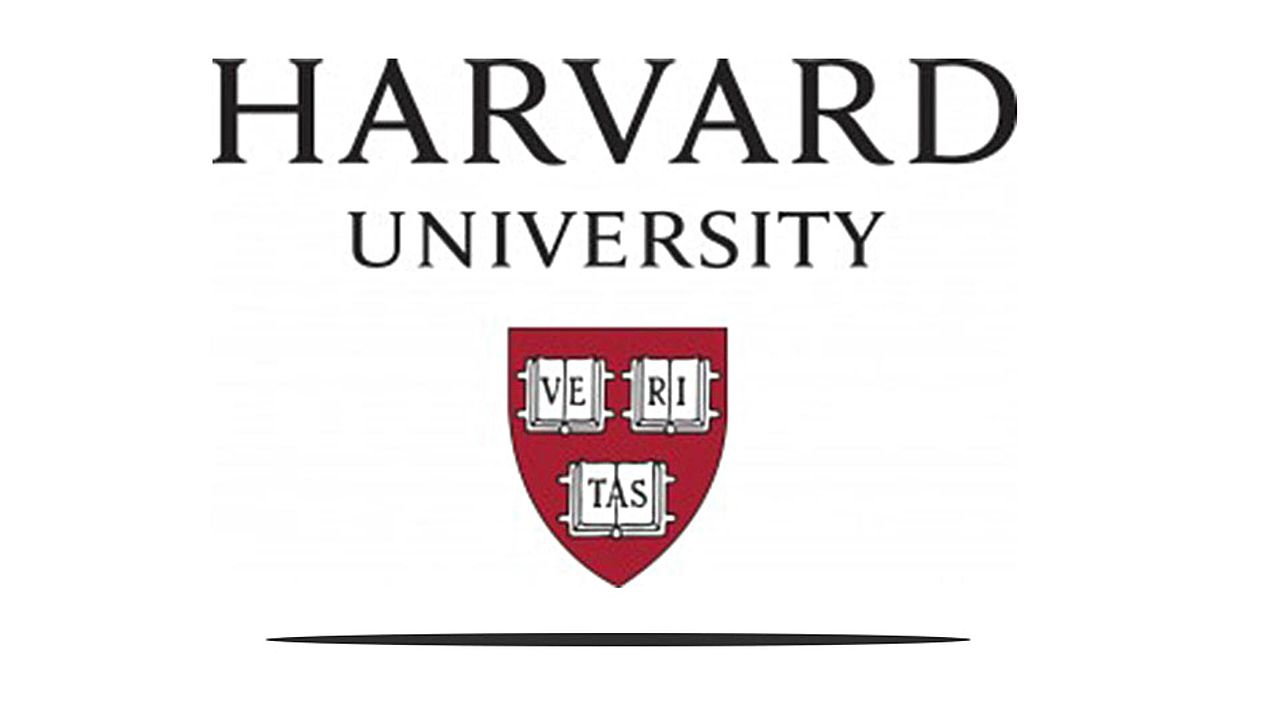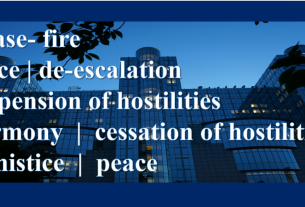Cambridge, MA — In a landmark standoff over academic independence, Harvard University has rejected a sweeping set of policy demands issued by the Trump administration, placing nearly $9 billion in federal funding at risk.
The demands—outlined in a letter from a federal task force—called for the dismantling of Harvard’s diversity, equity, and inclusion (DEI) programs, a ban on protest masks, merit-based reforms to hiring and admissions, and enhanced cooperation with federal immigration authorities. The proposed changes were positioned by the administration as part of a broader strategy to combat antisemitism on college campuses following tensions sparked by the ongoing Israel-Hamas conflict.
In a public statement, Harvard President Alan M. Garber announced the university would not comply, saying:
“The University will not surrender its independence or its constitutional rights.”
“No government – regardless of which party is in power – should dictate what private universities can teach, whom they can admit and hire, and which areas of study and inquiry they can pursue.”
The White House, through a spokesperson, defended the initiative, stating that the goal is to ensure that taxpayer dollars “do not fund Harvard’s support of dangerous racial discrimination or racially motivated violence.” The administration also claimed that compliance is necessary to avoid violations of Title VI of the Civil Rights Act, which prohibits discrimination in federally funded programs.
Legal Challenge from Faculty
In response to the administration’s threat to cancel funding, the Harvard chapter of the American Association of University Professors (AAUP)—joined by its national counterpart—filed a lawsuit seeking an immediate temporary restraining order to block any action to cut off federal funding. The complaint, first reported by CNN, argues that the administration’s demands amount to an infringement on First Amendment rights and academic freedom.
Harvard Law School professor Nikolas Bowie, speaking to CNN, described the demands as “authoritarian,” stating:
“What the President of the United States is demanding of universities is nothing short of authoritarian… he is violating the First Amendment rights of universities and faculty by demanding that… they have to suppress our speech and change what we teach and how we study.”
Wider Impact on Higher Education
This marks the most direct institutional rebuke yet from an elite university in response to the Trump administration’s higher education policies. While some universities—including Columbia University, which reportedly lost $400 million in federal funding—have moved to comply, Harvard’s defiance could influence how other institutions navigate future pressure from Washington.
The Departments of Education, Health and Human Services, and the General Services Administration are currently reviewing over $8.7 billion in federal grants and contracts with Harvard and its affiliated institutions.
A Precedent in Progress
As scrutiny intensifies around university governance and the balance between federal oversight and academic freedom, Harvard’s position could shape a legal and political precedent with far-reaching implications for U.S. higher education.
Whether other institutions will follow suit—or be forced into compliance—remains to be seen.
Sources:
- The Harvard Crimson (https://www.thecrimson.com)
- CNN (https://www.cnn.com)
- Politico (https://www.politico.com)
- Business Insider (https://www.businessinsider.com)



